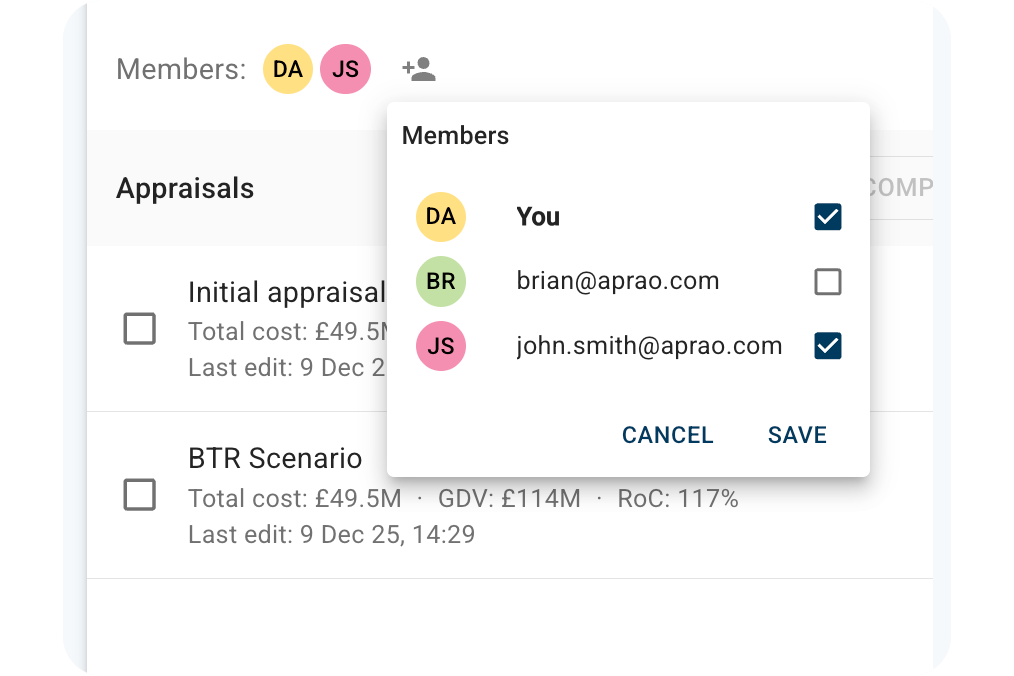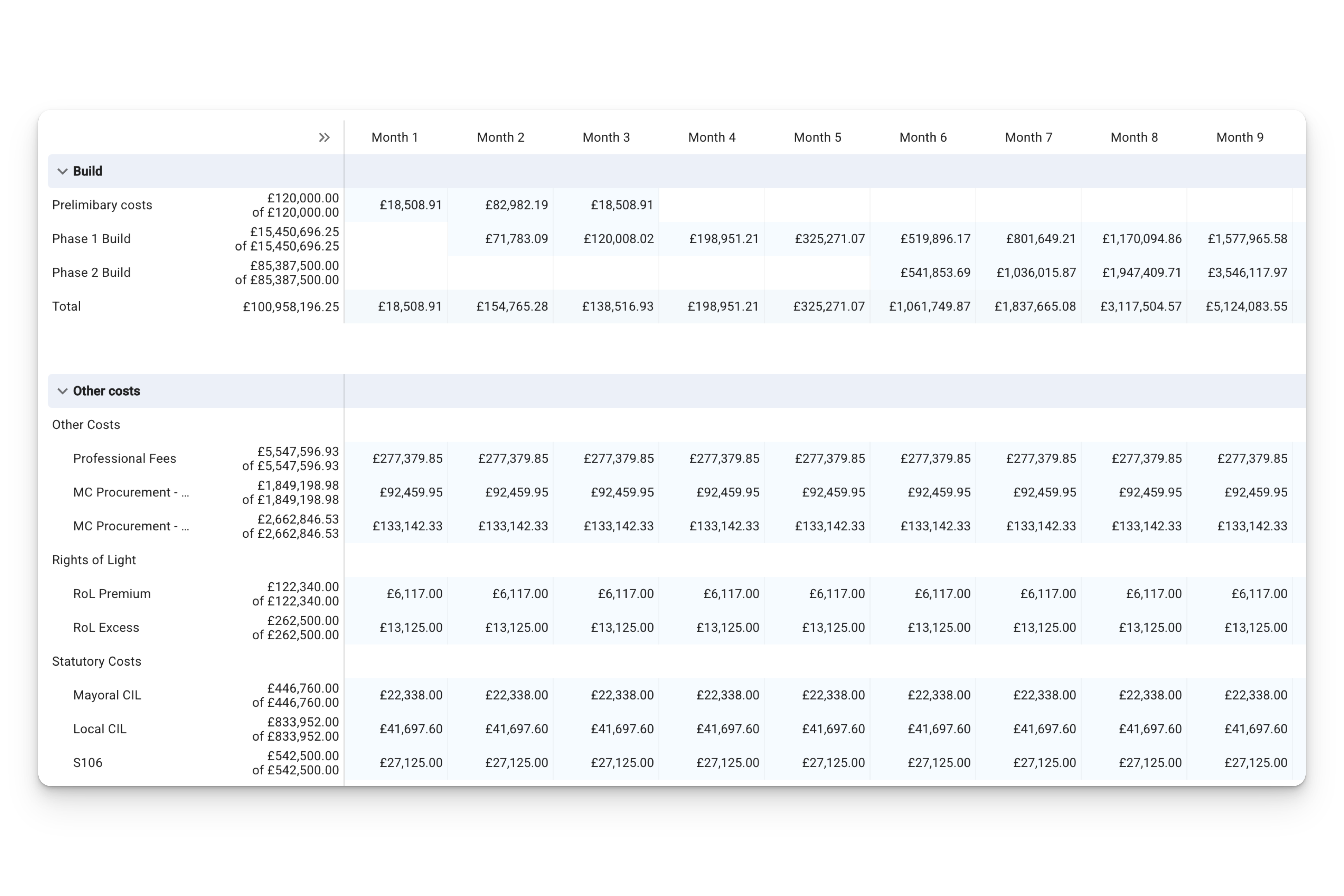Nashville now ranks as the most promising real estate market in the US, and it's largely down to regional shifts resulting from the pandemic. The property market has changed since the outbreak of Covid, but not in the way that many expected. A long and devastating economic downturn didn't occur, and both the economy and real estate sector bounced back at record speeds. Yet, some market sectors have changed forever, with a renewed focus on emerging cities as property hotspots. In this guide, we're looking at the regional shifts in the property market across the US and what it means for the future.
Moving away from the coast
Historically, coastal cities have offered more economic advantages thanks to their access to ocean navigation, tourism and recreation, and ecological benefits. Human settlements have always been more concentrated in the coastal zone than anywhere else, with about 40 percent of the world’s population living within 60 miles of the coast.
Yet, this trend began to change pre-pandemic. Eight of the priciest–and most popular –cities saw a reduction in residents. Boston, Los Angeles, Manhattan, Oakland, San Francisco, San Jose, Seattle, and Washington witnessed a decline in 2019 that was supercharged by Covid a year later.
Aspects such as tourism and recreation took a major hit during Covid, while cities in southern and western regions–ones that don't typically rely on the same factors as coastal cities–saw explosive growth matched by impressive economic staying power even in a pandemic.
The result is places like Nashville, Raleigh, Phoenix, and Austin, all featuring in the top 10 cities for real estate. The lower cost of living in these cities is a key selling point for investors, who see the growth potential and have invested heavily in contributing to booming property markets.
Supernova cities
Nashville, in particular, is being referred to as a “supernova city” because of the growth taking place currently. According to the 2021 Milken Institute Best-Performing Cities Index, it’s the eighth best-performing in the US.
Job growth, five-year wage growth, and high-tech GDP growth have all contributed to its rise. But other places, such as Raleigh and Phoenix, have also seen economic benefits, and their real estate markets are booming as a result.
These areas regained jobs lost in the downturn at a much quicker rate than their counterparts. By the end of 2021, Nashville and Phoenix recovered nearly all of their lost jobs while the US as a whole was down by almost two percent.
The demographic shift
There has been a significant demographic shift brought on by work-from-home measures during the pandemic. Large parts of the working force are made up of Millennials and Generation Z, and they’ve found that it's possible to perform to a high level in their jobs, whether they’re 1,000 miles or just one mile away from the office.
The demand for more integrated lifestyles is on the rise. People no longer want to get in their car or ride public transport to transition from one segment to another. Now, they want walkable, amenitized, real places that allow them to connect the dots and live fuller lives.
Suddenly, the more affordable housing in southern and western regions looks far more appealing than previously sought-after cities. People are moving further from business districts in search of better lifestyles with lower costs and fewer stress levels.
The housing trends
Average house prices in New York are $737,000. Therefore, Nashville's average of $385,000 looks more appealing and is only $10,000 higher than the national average. With its relative affordability and fast-growing economy, the city is becoming a sought-after destination for anyone looking for single-purpose and multifamily homes.
It's the same scenario in Phoenix, where the average house price is $390,000. While still low compared to traditional hotspot cities, prices here have increased by 30 percent in the last 12 months. Of the 10 most promising housing markets in 2022, Phoenix ranked eighth, while Nashville was in sixth place.
Raleigh was in third place, while Austin also made the top 10. Again, there's a correlation between these high-performing housing markets and the aftermath of Covid, with the shape of popularity in US cities changing dramatically.
The development landscape
The pandemic has spared no city, but some have recovered better than others. Buyers in Nashville, Phoenix, and Raleigh should be ready for strong competition in these markets over the coming months and years.
Developers have turned their attention to these cities and are ramping up both residential and commercial investment. The rental sector is also booming, with multifamily properties in high demand.
Investment cash–both domestic and foreign–is flowing back into US real estate. Much of it is being invested in these Supernova cities, in what's billed as "the great relocation." By the end of 2022, Nashville's population is expected to reach 2.2 million, 1.5 million more than in 2018.
There's a huge opportunity for savvy investors and developers in these cities, as they take advantage of low-interest rates and attractive returns.
There's no going back
With factors like work from home set to continue post-Covid, the shift in the property landscape looks to be a long-term one. Consequently, these Supernova cities and secondary metro areas are set to benefit as the regional shift centers itself in the southern and western regions.
That’s not to say that primary cities in the Northeast and along the Pacific Coast will lose their appeal entirely. But there’s no doubt that investor interest has found a new direction, and regional changes mean there’s even more opportunity for high-level development across the whole of the US rather than being concentrated in traditional hotspots.
These new markets are magnets for migration, whether people or companies. They are growing faster than the US average in terms of population and jobs, making them the preferred markets for investors and builders.
A new real estate market
The economic centers of prosperity are changing, with Nashville, Raleigh, and Phoenix leading the way. Lower living costs and more flexible lifestyles have contributed to the regional shifts, and developers are taking advantage to meet the growing demand.






Leave a comment